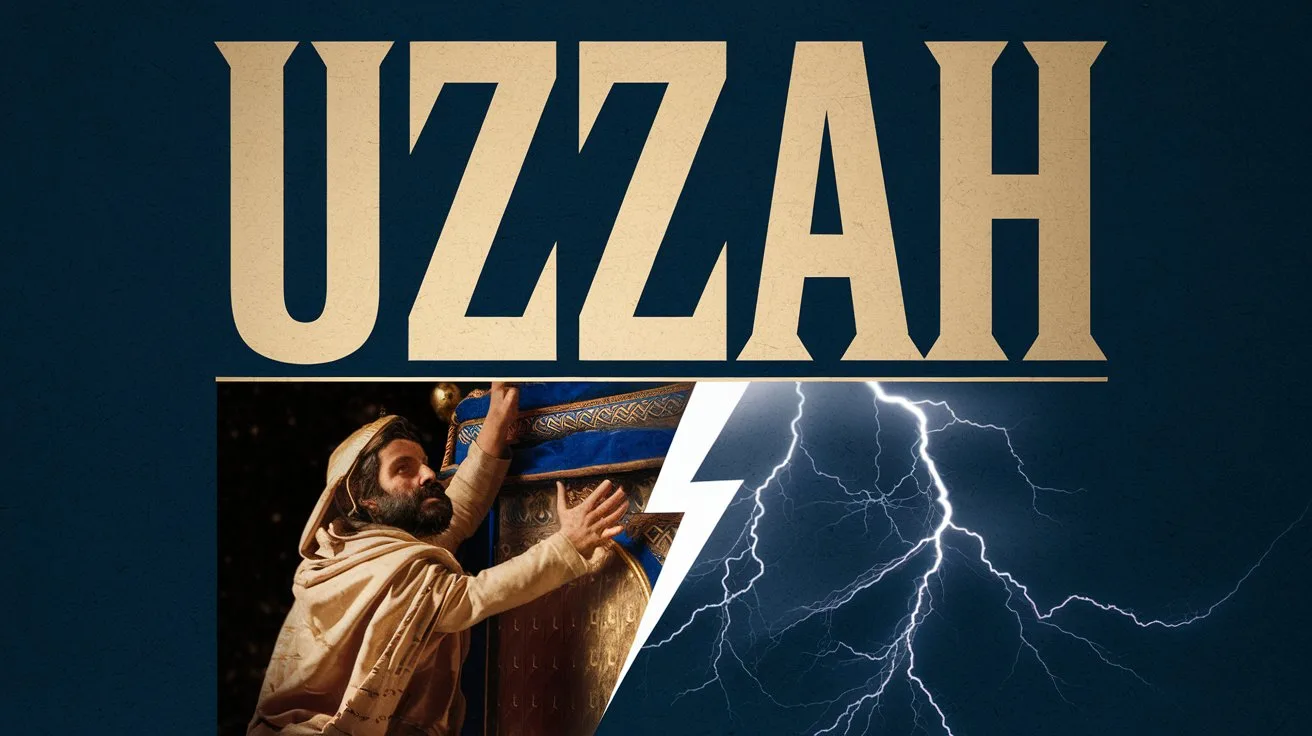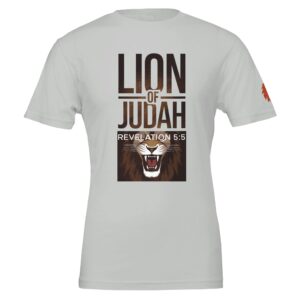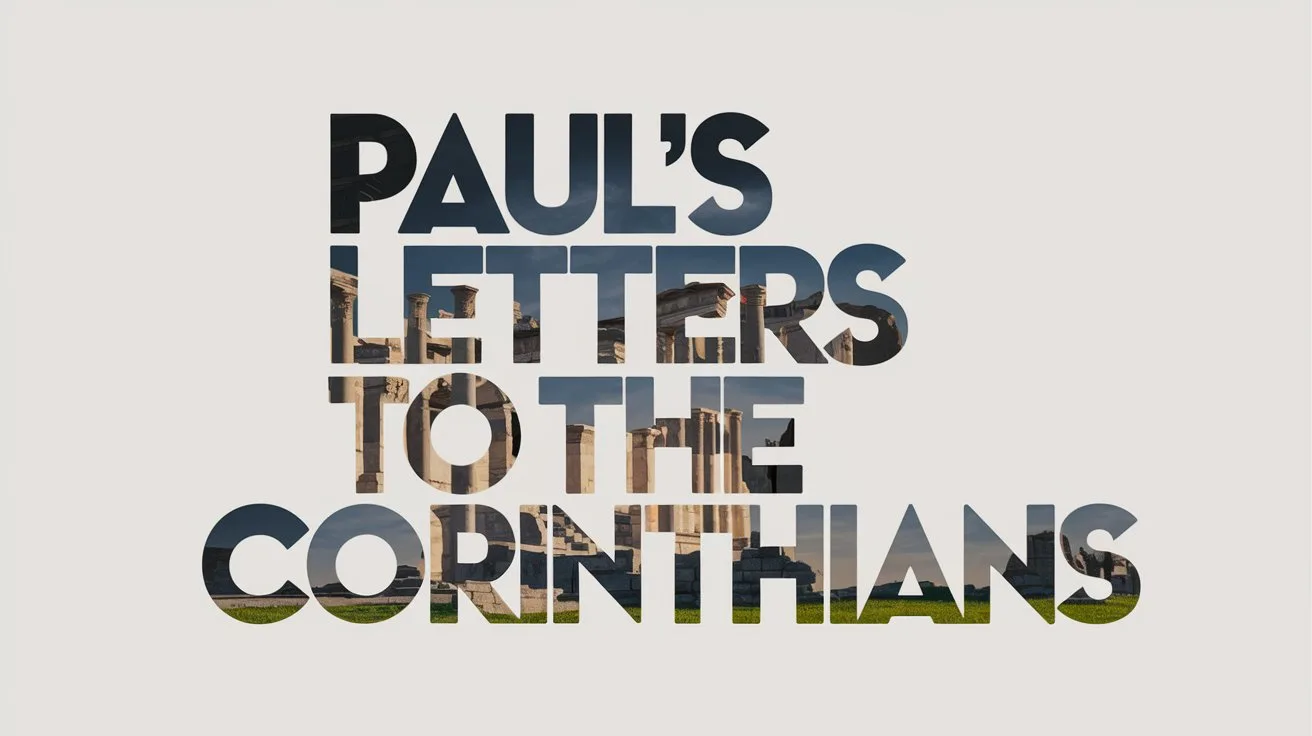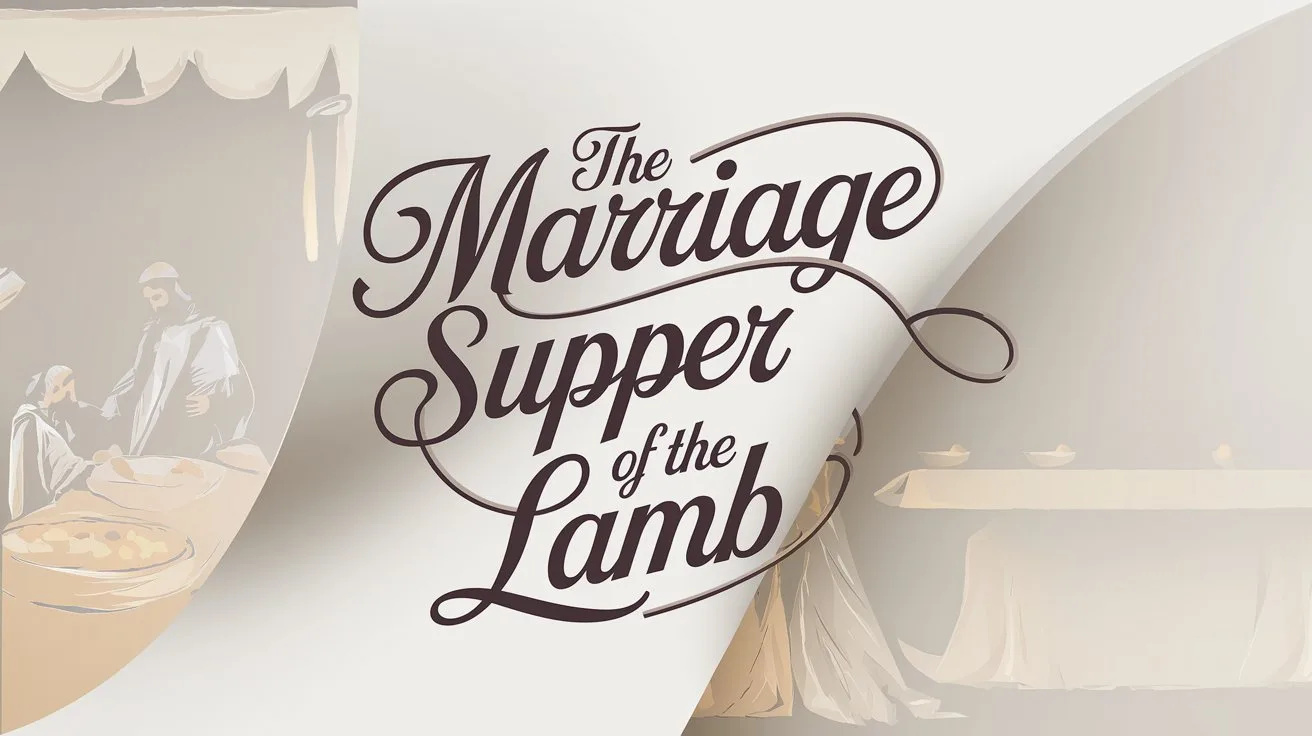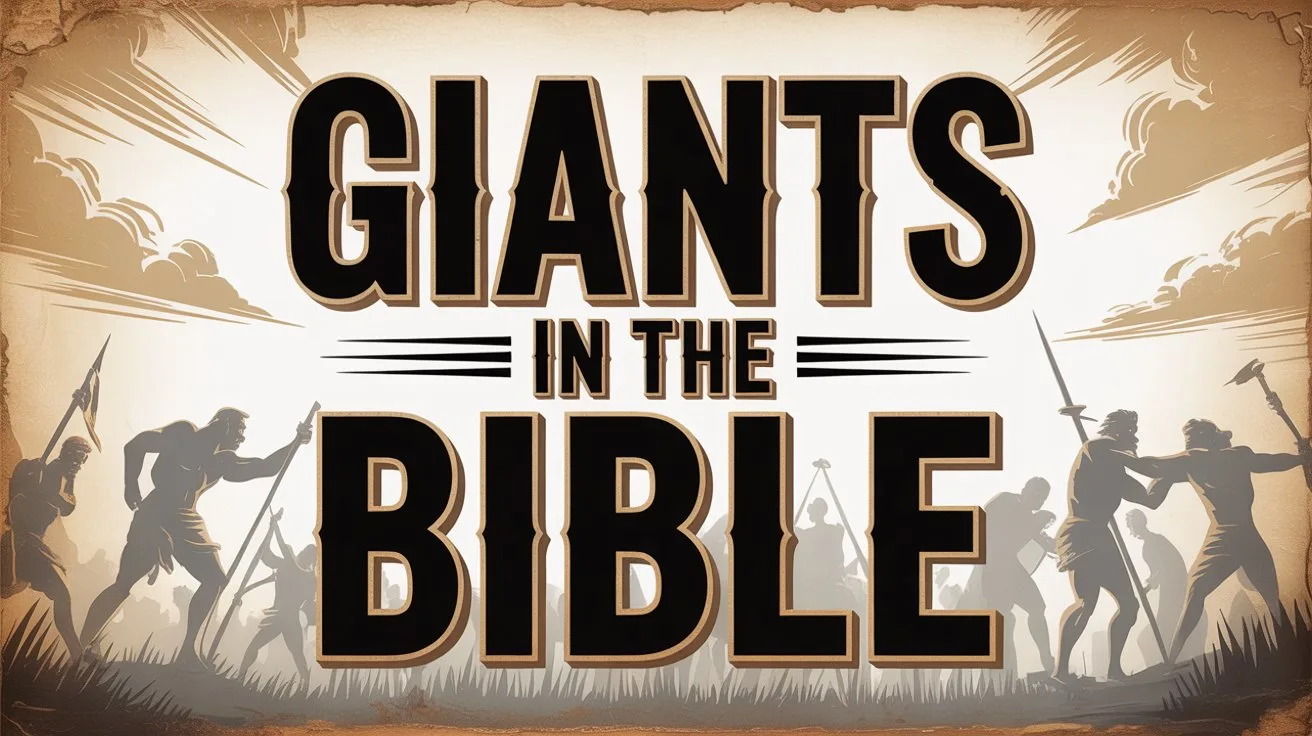The story of Uzzah is found in 2 Samuel 6:1–7 and 1 Chronicles 13:9–10, where Uzzah, a Levite, reaches out to steady the Ark of the Covenant as it is transported on a cart. When he touches the Ark, God strikes him dead. This incident has long raised questions about God’s justice, the nature of holiness, and the power of the Ark itself.
Understanding the Ark of the Covenant
The Ark of the Covenant was the most sacred object in Israel, symbolizing the presence of God among His people. It was constructed according to God’s specific instructions in Exodus 25:10–22. The Ark contained the tablets of the Law, Aaron’s rod that budded, and a pot of manna (Hebrews 9:4). It was not just a relic but represented God’s holiness and covenant with Israel.
God gave specific instructions about how the Ark was to be transported. In Numbers 4:15, God commanded that the Ark should be carried by Levites using poles and never touched directly. Even the Levites, who were sanctified to handle sacred things, were not allowed to touch the Ark itself. To disobey these instructions was to profane God’s holiness.
The Incident: Uzzah’s Death
When David sought to bring the Ark to Jerusalem, it was transported on a new cart drawn by oxen. Along the way, the oxen stumbled, and Uzzah reached out to steady the Ark:
“Then the anger of the LORD was aroused against Uzzah, and God struck him there for his error; and he died there by the ark of God.” (2 Samuel 6:7)
Here we see the direct involvement of God in Uzzah’s death. The Bible explicitly states that God struck him down.
Why Did Uzzah Die?
Disobedience to God’s Command
The Ark was transported incorrectly, in direct violation of God’s instructions. It was placed on a cart, mimicking the Philistines’ earlier method of transporting it in 1 Samuel 6:7–8. God had commanded that the Ark should be carried on poles by Levites (Exodus 25:14–15). The method of transport was already a breach of God’s law.Holiness and the Fear of the Lord
God’s holiness is central to understanding this event. In Leviticus 10:1–3, Nadab and Abihu were struck dead for offering unauthorized fire before the Lord, illustrating that approaching God’s holiness casually or irreverently leads to judgment. Uzzah’s act, while seemingly innocent, treated God’s holiness as common. Even well-intentioned disobedience does not exempt one from judgment.The Ark’s Power and God’s Presence
While the Ark was a physical object, its power came from God’s presence. It was not a “weapon” in the sense of independent functionality. The Ark’s holiness was a reflection of God Himself. When Uzzah touched it, it was not the Ark’s power that killed him, but God’s judgment.God’s Justice and Mercy
Some may see this act as harsh, but it underscores God’s justice. As Isaiah declares, “For My thoughts are not your thoughts, nor are your ways My ways,” says the LORD (Isaiah 55:8). God’s holiness is not to be treated lightly, even when intentions appear good. This incident was a lesson for Israel about reverence and obedience.
Other Considerations
1 Samuel 6:19-20: God struck down the men of Beth Shemesh for looking into the Ark, demonstrating that its sacredness was not to be profaned.
Exodus 19:12–13: God set limits on Mount Sinai to protect the people from His holiness, further emphasizing that boundaries around sacred things must be respected.
Hebrews 12:28–29: “Let us have grace, by which we may serve God acceptably with reverence and godly fear. For our God is a consuming fire.”
My Final Thoughts
Uzzah’s death is a sobering reminder that God’s holiness is absolute and not to be trifled with. While it may seem severe, it serves as a lesson to approach God with reverence and obedience. God’s commands regarding the Ark were not arbitrary but reflected His nature. This story challenges us to examine our own approach to God. Do we take His holiness seriously? Do we follow His Word precisely, or do we rely on human wisdom?
This account also points us to the grace found in Jesus Christ. Through Christ, we are made holy and can boldly approach God’s throne (Hebrews 4:16). However, this does not negate the need for reverence and obedience. Let us strive to honor God as the holy and righteous King He is, remembering that His ways are perfect.

